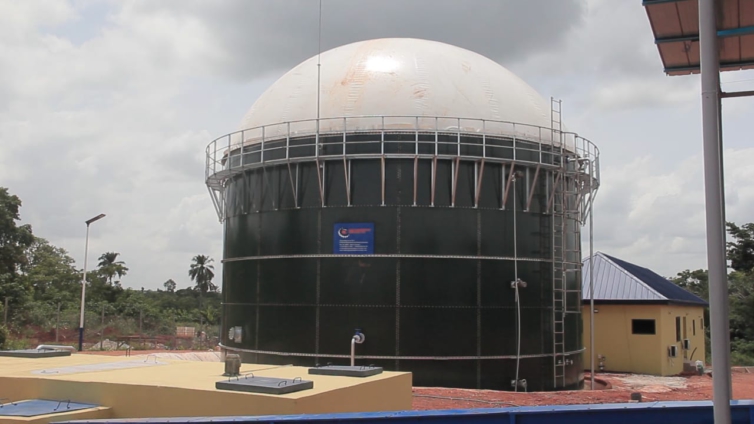A hybrid waste-to-energy power plant has been commissioned at Gyankobaa in the Atwima Nwabiagya Municipality of the Ashanti Region.
The 400-kilowatt facility, known as the ‘Hybrid-PV-Biogas-Pyrolysis-Plant’, has the capacity to convert 12 tons of waste into bio-fertilizer and energy daily.
The facility is being funded by the German government through the Federal Ministry of Education and Research.
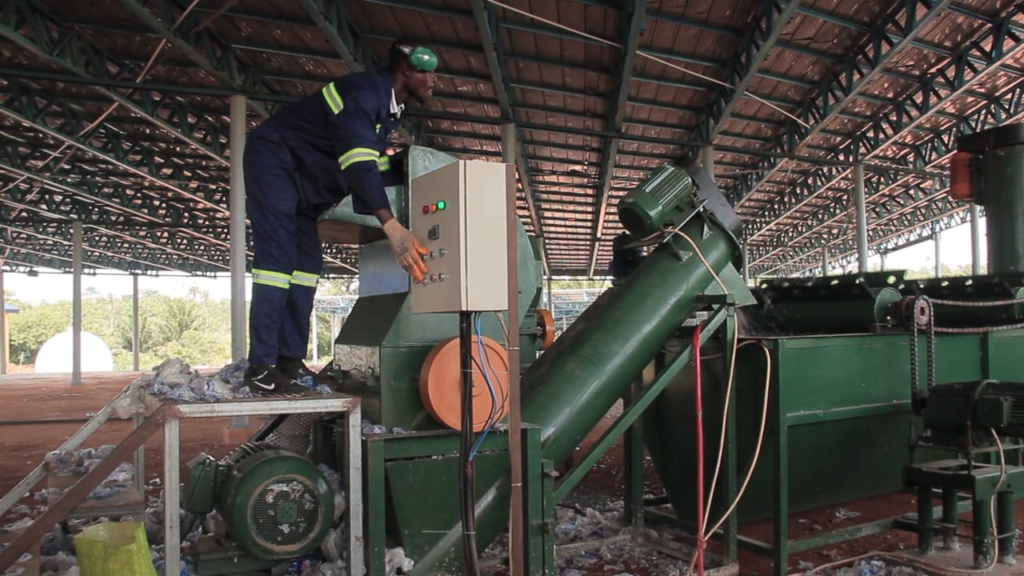
The €6.2 million project is tipped as one of the solutions to Ghana’s waste management and power generation challenges, while generally reducing the health hazards from pollution and climate change.
The plant will also help to drastically reduce waste in Kumasi, diversify energy sources and supply, and create jobs for more than thousand people in the region.
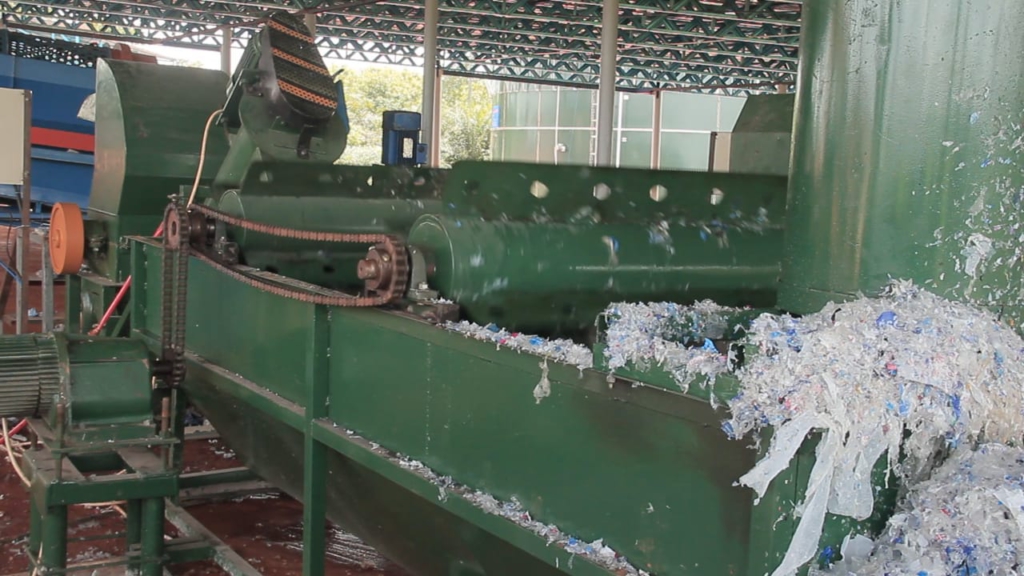
The project was built in collaboration with the Ministry of Environment, Science, Technology and Innovation, and led by the University of Rostock in Germany through the West Africa Science Centre in Climate Change and Adapted Land (WASCAL).
Speaking on behalf of President Akufo-Addo, the Minister of Environment, Science, Technology and Innovation, Dr. Kwaku Afriyie, said the government will continue to engage stakeholders to come out with innovative and sustainable projects to help address the many challenges faced by the country.
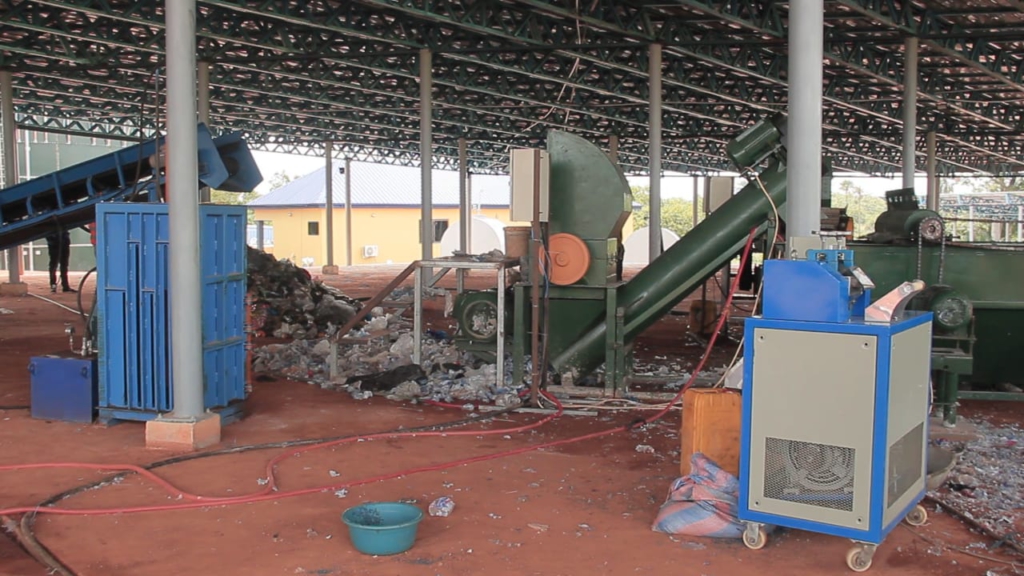
He said the hybrid project has come at a time when major cities like Accra and Kumasi are facing dire challenges on how to properly tackle waste.
He believes the initiative will help to remedy the waste management challenges confronting Metropolitan, Municipal and District assemblies.
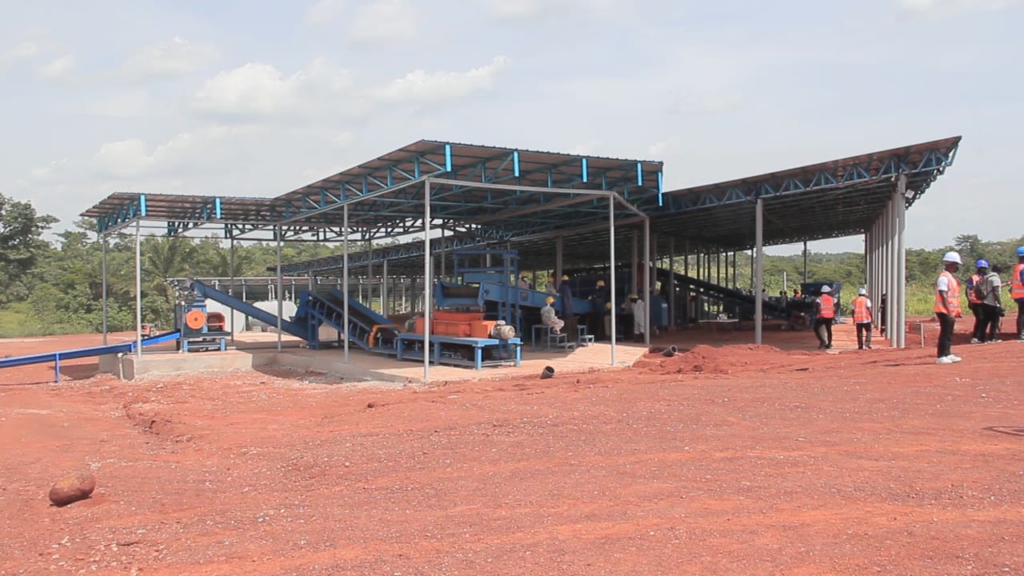
Dr. Kwaku Afriyie further pointed out that the debt within the energy sector, coupled with the cost of power generation, grossly affects the economy, hence, it is necessary to accept the waste-to-power generation plant.
He said the plant will also produce bio fertilizers which will help to boost agriculture and cut down on mineral fertilizers, while improving the soil structure and contribute to Ghana's climate change mitigating strategy.
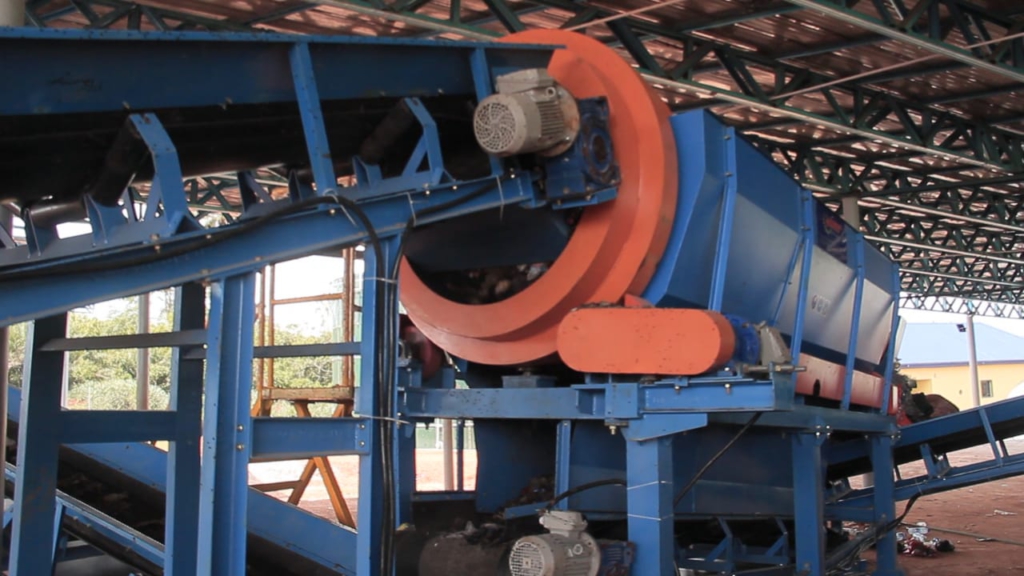
The representative of the Federal Ministry of Education and Research, Dr. Stefan Kaufmann, commended the government and the other partners for assiduously supporting the project.
He said the initiation of the project was necessary to address ancient challenges, including the abundance of waste and lack of energy in many parts of the country.
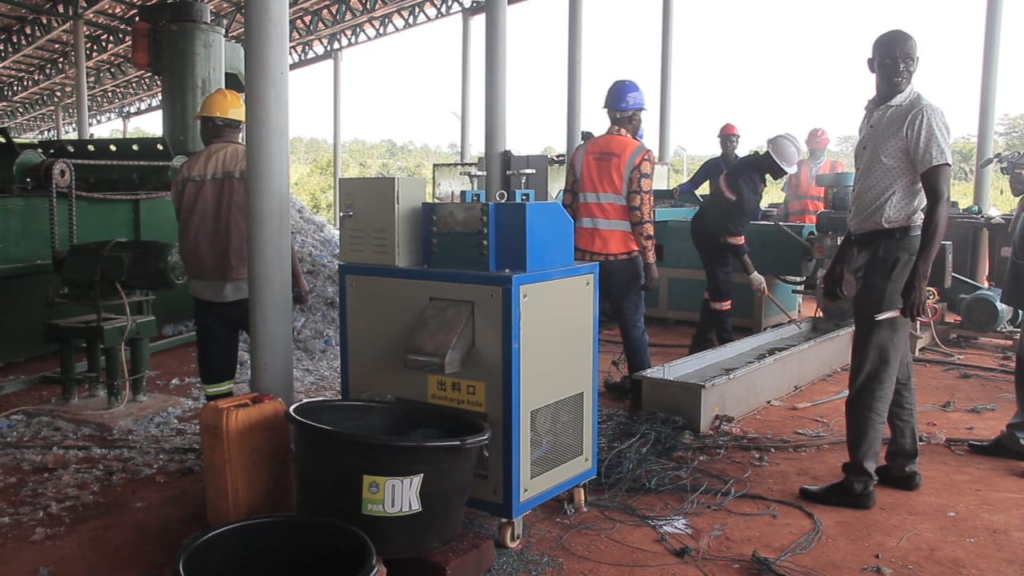
Dr. Kaufmann indicated the plant will help curb the numerous health and environmental challenges faced by citizens in a useful way.
He said apart from job creation, the plant will also aid to generate more bio-fertilizers for Ghanaian farmers.
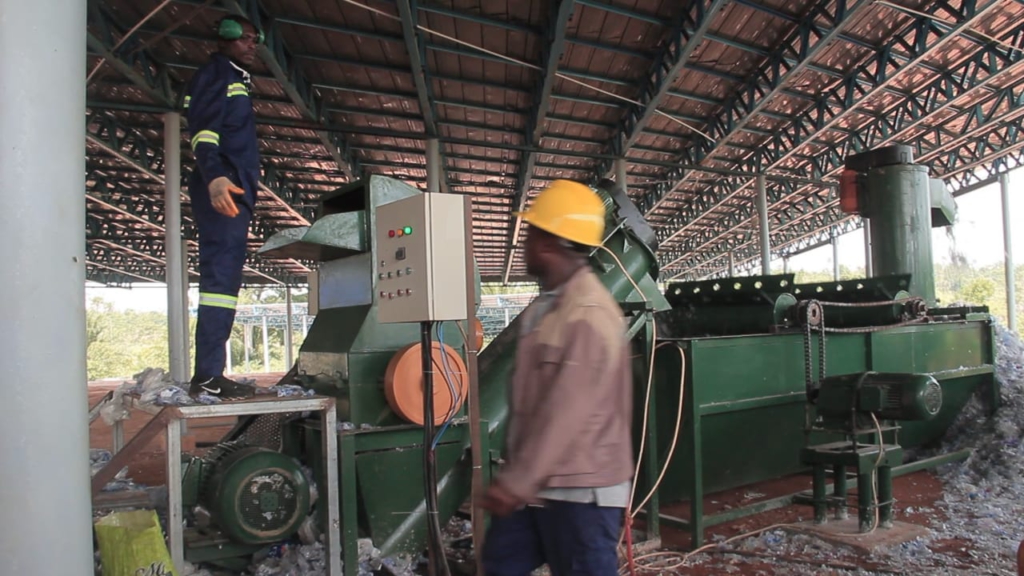
The Chief of Gyankobaa, Nana Obofuo Atwimakwaa Boakye-Darkwah II, appreciated the governments of Ghana and Germany for building the waste management project.
He appealed to the President to complete construction of roads in the area.
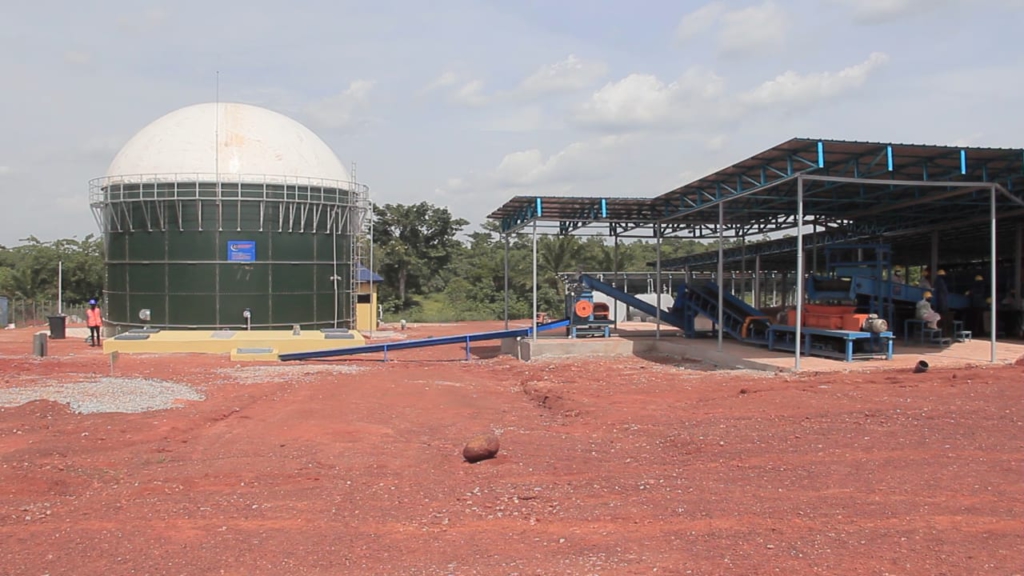
Meanwhile, plans are advanced to build ten more of such plants in other regions within a period of 20 years, should the Gyankobaa's pilot plant work effectively.
Latest Stories
-
Ghana requires $6bn to implement comprehensive flood control measures – Minister
29 minutes -
DDEP, not reforms, behind ratings boost – Economic Advisor Sharif Mahmud Khalid admits
40 minutes -
Fitch upgrade: We’re not rushing to re-enter external markets – Sharif Mahmud Khalid
1 hour -
‘No-bra, no-exam’ rule at Nigerian university sparks outrage
2 hours -
Spain’s government blames huge blackout on grid regulator and private firms
2 hours -
World’s only twice-a-year shot to prevent HIV could stop transmission – if people can get it
2 hours -
Mobile banker jailed 5 years for stealing GH¢70,840
2 hours -
ECG equipment thief jailed 5 years
3 hours -
Trader jailed 12 years for defiling minor
3 hours -
NPP 2026 Primaries: Bawumia doesn’t need favours, we’re ready – Miracles Aboagye
3 hours -
Police arrest school proprietor for preventing BECE candidates from writing exam
3 hours -
Two arraigned for alleged illegal gold trade
3 hours -
GWL uncovers illegal water connection at Adwoa Wangara apartment in Cantonments
3 hours -
Education Minister opens CIHRM 2025 conference
5 hours -
The Pulse & Vbyz Experience: A Galdem DJ Mixtape
5 hours

